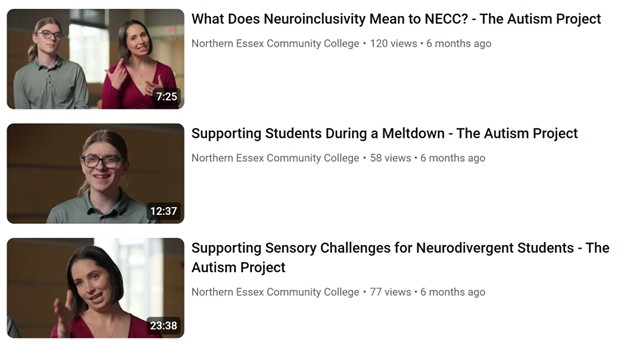NCMPR stands in solidarity with community colleges across the nation to reaffirm our unwavering commitment to diversity, equity and inclusion – a commitment rooted in the belief that we must celebrate our differences and embrace diverse perspectives and cultures.
Diversity, equity and inclusion is one of NCMPR's four strategic priorities. It is overseen by a director-at-large who chairs a committee of members from each of NCMPR's seven districts. The director-at-large (DEI) is a member of NCMPR's national board of directors.
By Kathy Rumpza, District 5 director and former director-at-large (DEI)
Colleges have a long tradition of advocating for the idea that equity and inclusion help cultivate future leaders who take these values into their careers and beyond. To address historical exclusionary policies, college administrators designed DEI initiatives to recruit and support faculty and students from underrepresented groups.
However, in early 2023, model state legislation from the Goldwater and Manhattan Institutes emerged to challenge colleges’ DEI initiatives. The proposed legislation includes four primary measures:
The Chronicle of Higher Education’s series The Assault on DEI explores how higher education is responding to the dismantling of diversity, equity and inclusion initiatives.
As colleges face anti-DEI legislation and heightened political scrutiny, the result has been a fragmented and often unclear landscape. This resource does a timely job of tracking developments, providing readers with a clearer understanding of how the opposition to DEI has reshaped college campuses across the country.
~ Kathy Rumpza, District 5 director and former director-at-large (DEI)

By Sherika Attipoe, District 2's DEI Committee rep
“Diversity,” “equity” and “inclusion” are more than buzzwords – they’re a commitment to creating environments where all individuals can thrive. Northern Essex Community College (NECC) in Massachusetts has exemplified this through its award-winning initiative, “Neuroinclusivity at NECC,” a video series created in collaboration with The Autism Project. This forward-thinking endeavor recently earned NECC the 2024 District 1 bronze Medallion Award for Successful DEI Marketing.
Globally, an estimated 10 to 20% of the population is neurodivergent, according to the World Economic Forum. This encompasses individuals with autism, ADHD, dyslexia and other neurological differences. In the U.S., the CDC reports that 1 in 36 children is diagnosed with autism, highlighting the growing need for inclusive practices that extend into adulthood and higher education.
Neurodiversity challenges the traditional deficit-based view of neurological differences, promoting the idea that these variations are a natural part of human diversity. However, society, designed primarily for neurotypical individuals, often creates barriers for neurodivergent people. NECC’s project addresses this head-on, reshaping the educational experience to be more inclusive and supportive.
The National Council for Marketing & Public Relations welcomes members of all backgrounds, ethnicities, nationalities, religions, gender identities and sexual orientations. We believe being diverse, equitable and inclusive makes our organization better and more representative of our members and the institutions and communities we serve. NCMPR takes a resolute approach in its response to any display of insensitivity to diversity and inclusion through words, images or actions. We seek to foster an organization that is universally welcoming, respectful, educational and professional to all. We believe diversity is strength.

Membership means
PROFESSIONAL GROWTH, RESOURCES and RECOGNITION
STAY CONNECTED